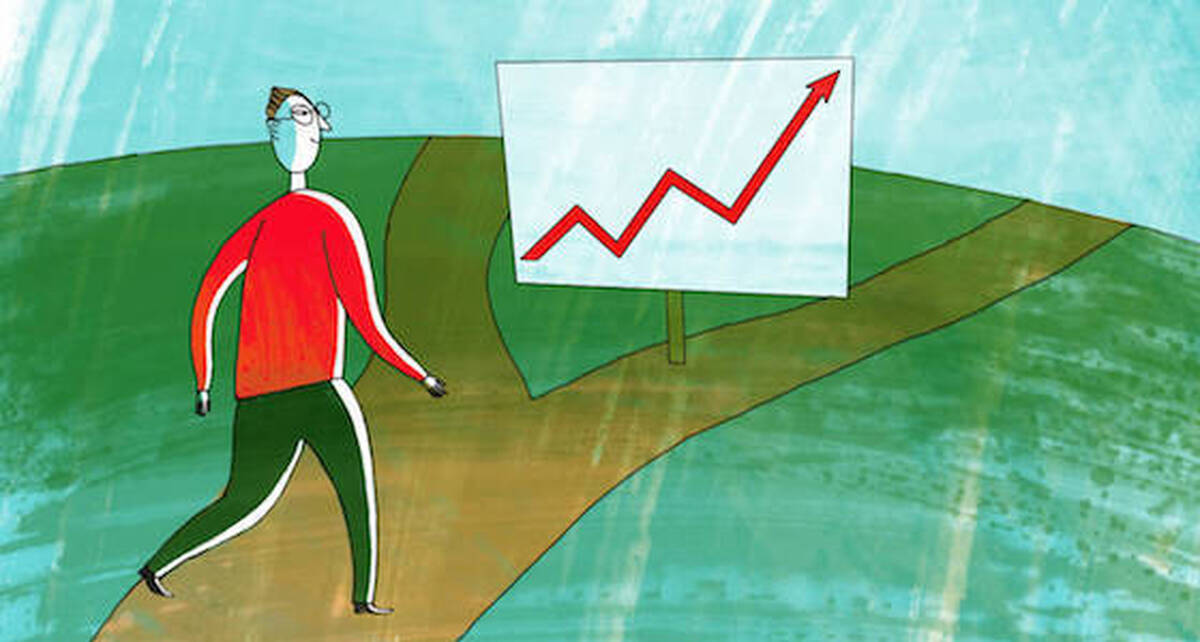Featured Faculty
Henry Bullock Professor of Finance & Real Estate; Director of the Crown Family Israel Center for Innovation; Co-Director of the Guthrie Center for Real Estate Research

Inflation has risen over the past several quarters to a level the U.S. hasn’t seen in decades. These inflationary pressures are affecting sales and causing some firms to cut production orders. But there is another significant peril of inflation that has been overlooked by executives and investors alike. U.S. firms still have significant cash holdings on their balance sheets, and inflation is eroding the value of this cash. That is, for firms with significant cash holdings, inflation is a double whammy: it affects their sales and profit margins, but also the value of their balance sheets.
Cash holdings by U.S. corporations began to increase in the 1990s but reached their peak in recent years. With ultra-low interest rates, the cost of issuing debt and holding the proceeds in cash was relatively low. But this is all changing now. With high inflation and rising interest rates, excessive cash hoarding becomes very costly.
Apple is perhaps the poster-child example for a cash-hoarding firm. In 2013, after acquiring a one-percent stake in Apple, activist investor Carl Icahn slammed its “ridiculous” cash hoarding and demanded a $150 billion share buyback. Things have changed somewhat over the last ten years. Apple began paying dividends in 2012 and now returns more than $100 billion a year to shareholders in dividends and share repurchases. But Apple still hoards huge amounts of cash. As of December 25, 2021, Apple’s balance sheet lists $37.1 billion in cash and cash equivalents, $26.8 billion in marketable securities, and an additional $138.7 billion in noncurrent marketable securities, for a total of $202.6 billion, or 53.1 percent of its total assets.
It is unclear why Apple needs to hold so much cash. Some argue that Apple’s near-bankruptcy experience in the 1990s led Steve Jobs to create one of the world’s largest piggy banks, and since then, the habit is ingrained in Apple’s culture. But Apple is now the firm with the highest market capitalization in the world, and its little piggy bank has grown to the size of the total gross domestic product of Portugal.
Out of its $200 billions of cash and marketable securities, $18 billion is held in cash, $11.5 billion in money-market funds, $37 billion in U.S. treasuries and agency securities, $89.6 billion in corporate debt securities, and $21.1 billion in mortgage or asset-backed securities. With high inflation and rising interest rates, possessing these significant cash and fixed-income holdings is unlikely to end well for Apple. In fact, during the quarter ending on December 25, 2021, Apple lost $1.2 billion on its portfolio due to fluctuations in the value of these securities.
But even if Apple does not actually incur financial losses on its fixed-income portfolio, the opportunity cost of its cash holdings is higher than ever. In 2019 Apple’s return on its cash and marketable securities was about 2.4 percent. By 2021 that return declined to about 1.5 percent. And those meager financial returns have been eroded by high inflation, yielding significant negative real returns.
Apple is not alone in hoarding cash. Other technology giants such as Alphabet, Microsoft, and Amazon all hoard significant amount of cash. In fact, a handful of nonfinancial firms are sitting on more than $1 trillion in cash and marketable securities. And sitting on cash just became much more expensive for firms. With inflation rising at the fastest pace in 40 years, Apple and its fellow hoarders will need to break their piggy banks and pay the cash out.